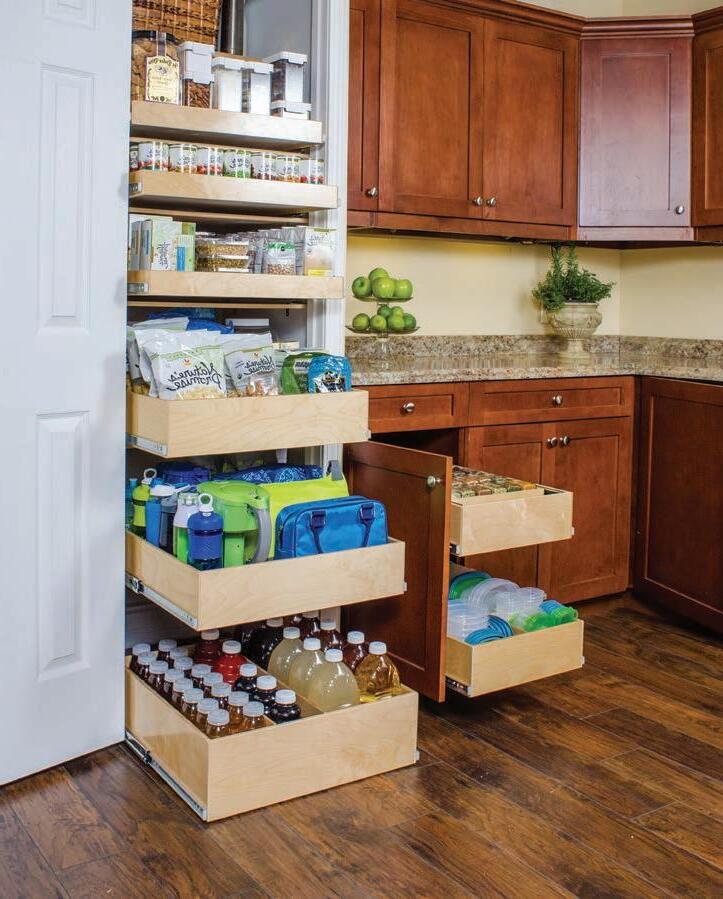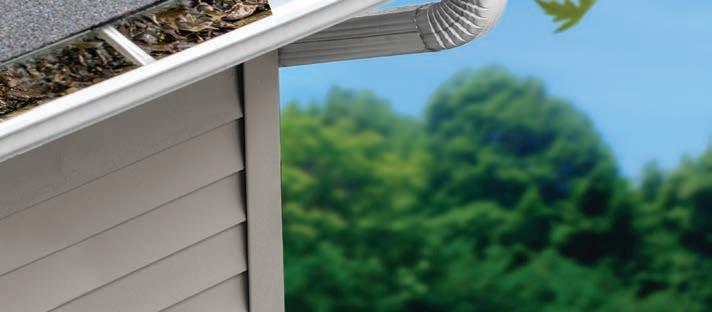
5 minute read
CAGThriftShop &FoodPantry
1401FORDST,GOLDEN,CO80401
303-279-5674•www.goldencag.org
Taxdeductiblemonetaryand gentlyusedclothes/household items,NEWsocks/underweardonationsareappreciated.
FoodPantryinneedoftomatoproducts,coffee,canned meat/tuna,jelly,spam,shampoo,bodywash,andtoothpaste.
OurGoals:
Toprovidesupportandempathyinaninclusiveenvironment.
Toprovidehelpforthoseinneedinourcommunity.
TooperateafoodpantryintheGoldenareaforthebenefitof localfamiliesandindividuals.
Toprovideshort-termfinancialassistancetothose experiencingcrisisorsuddenhardship.
Toprovideconsultationandadviceregardingadditional supportservicesinthevicinity.

NOWACCEPTINGTHRIFTSHOPDONATIONS: WEDNESDAYSANDFRIDAYS10AM-3PM
Youneverknowwhattreasureyouwillfindinourthriftshop!
AcceptingVisa/Mastercard-$10minimum unteer at the 2023 Special Olympics. e Denver-based nonpro t shepherds groups of adults with intellectual and developmental disabilities, along with their typi- cal peers who want to learn how to be better allies, on excursions across the country and world. e getaways give adults with disabilities an opportunity to branch out of their everyday lives — much of which are often guided by other people like parents and job coaches — to explore new cultures and learn more about themselves. ose kinds of treks can be rare for people with disabilities because so much of the world falls short in accommodating their needs, said Kendall Hagar, interim executive director of e Wayfaring Band.
“Every human being should belong in our world,” said Hagar, who has attention-de cit/hyperactivity disorder. “And we believe that folks with disabilities are not limited in their capacity to enjoy the full human experience and all of the things that that entails.” e nonpro t, which has been whisking adults with disabilities to all kinds of destinations for nearly 11 years, also pushes for those individuals to be treated as the adults they are — rather than children.


“We’re actively ghting against
SEE TRAVEL, P13
Ground-level ozone is invisible and the Front Range’s biggest air quality issue. Created from pollutants like car exhaust, ozone is a leading cause of respiratory problems.
Improving our air quality takes all of us, and there are many ways to help. We encourage you to #JustSkipTwo car trips a week, mow your lawn after 5 p.m., don’t idle your car, telework a few days each week, and take the bus, bike, or walk.
Sign up for air quality alerts and learn more about the simple steps you can do to help.
SimpleStepsBetterAir.org that infantilization by doing very adult things,” Hagar said. ey also watched Special Olympics athletes compete in swimming, soccer, cycling and equestrian events and made new friends from all over the world as they volunteered at the Games, welcoming attendees, o ering directions to spectators and energizing crowds.
On past trips, that has included clinking drinks at biker bars and attending concerts. In Berlin, band members tried schnitzel for the rst time, shared a meter-long tray full of beers, checked out a marketplace, and visited both the Anne Frank Center and the Memorial to the Murdered Jews of Europe.
Brennan, who was visiting Germany for the rst time, initially clammed up while thinking about introducing herself to volunteers and athletes from other countries. But with help from another band member, she overcame her hesitation and struck up conversations with strangers, exchanging ashy commemorative pins with many of them.
At the start of the Games, each team of athletes received pins decorated to re ect their country, with the idea that they would be traded with other teams, carrying on a tradition that dates back to the 1920s. e Wayfaring Band brought their own pins, breaking through language barriers as they approached athletes and gestured at pins to swap.
Justin Pressel, another band member, gathered 13 pins, which he fastened to a lanyard, and in his time in Berlin got to know people from Israel, Japan and North Macedonia, among other places.
Pressel, 32, previously traveled to New Mexico and Seattle with e Wayfaring Band but had never ventured out of the country. His voyage to Berlin with 11 other band members marked one of his biggest steps beyond his comfort zone.
“I’m used to being alone at home playing video games,” said Pressel, who lives in Denver and also works full time at King Soopers.
He was in awe over an opening ceremony that featured lively, acrobatic performances and a parade of at least 170 countries, and he became mesmerized by soccer matches that were punctuated with slide tackles and collisions.
Pressel, who has cerebral palsy, had fun getting to know his fellow travelers and learning about their di erences — all while banding together with volunteers, fans and athletes at the Games to cheer everyone on.
“Even though they’re rooting for (their) country, everyone’s the same,” Pressel said. “ ey’re all for the Special Olympics. at’s what’s great.”
Brennan’s trip overseas stopped before it even started. A three-anda-half month battle for an updated passport ended with her leaving for Berlin the day after she was supposed to y out with her bandmates. After the U.S. Department of State returned the initial application she mailed in, citing that it was incomplete without much more explanation, she struggled to nd an available appointment to renew her passport in person. She eventually secured an appointment in Kiowa, 45 minutes from her home, and paid an extra fee to expedite shipping.
Brennan waited a few more weeks while her passport was being processed and couldn’t get an answer from the passport agency about when she would receive her passport. e week she was slated to leave, she called U.S. Sen. Michael Bennet’s o ce to help rush the delivery of her passport. After more waiting and more frustration, she nally received her passport the day of her ight but not in time to catch it.
“It’s confusing,” Brennan said. “It’s really hard. Anybody but espe- cially anybody who has a disability or some kind of di erence, it’s really, really di cult to understand.” at hiccup was the rst of several the group encountered leading up to and during their time abroad as they noticed and experienced accessibility challenges at the Special Olympics — the one place designed speci cally for people with disabilities. eir concerns started with ashing lights and loud music during the Games’ opening ceremony — special e ects that can be harmful to some people with sensory challenges. Band members also noted that bathroom spaces were not wide enough to t a wheelchair while some wheelchair-accessible ramps were often far from the areas where spectators led in to watch events.
And in Berlin, a steep set of stairs down to the subway and narrow sidewalks created additional hurdles for people who rely on wheelchairs.
“Accessibility is hard,” Hagar said, “and it takes work. And even folks that are doing the work still have learning to do. And I can’t imagine how much work it was to put on this massive global event and the logistics that it involved, and there’s always room for improvement.”
SEE TRAVEL, P23
Sometimes we just have to laugh at ourselves, right? Or is it that sometimes we just have to laugh with ourselves? I am not laughing at you; I am laughing with you kind of thinking as we look in the mirror. My laughing at myself moment came the other day while I was traveling. I had boarded my flight and was checking my email on my phone before we took off.
As I tried loading my email app, it took about 8 seconds. And in those 8 seconds I became frustrated and thought why is this taking so long? Cue the laughing at myself.
Each year as technology advances our need for speed seems to advance with it. We want information and we want it now. We not only want it now, but we also expect the information to be fed to us before we even have to think about it, we train the technology to understand what we like and want before we ever even have to search for it, we simply turn on our device and lo and behold there










